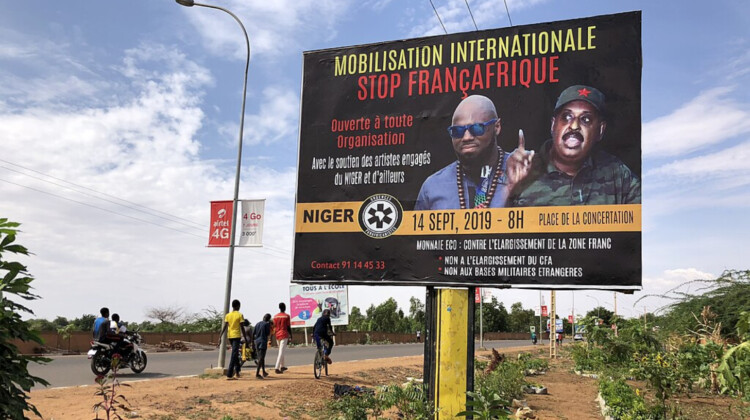A Closer Look at Gabon
“France stirs up conflict in the Central African Republic and puts pressure on authorities to not pursue real development policies,” said Anicet L’appel, publisher of the local Adrenaline Info, reflecting a growing disillusionment with France’s role.
Why Gabon coup is significant? Gabon is 1 of largest oil AND uranium exporters and its leaders deep inside France's pocket for decades.
Decolonization of Africa progressing briskly pic.twitter.com/otzPBr9QcR
— Carl Zha (@CarlZha) August 31, 2023
Gabon’s longstanding ties to France, embodied by the Bongo family’s rule and intertwined with corruption and French business interests, are emblematic of Françafrique. Notably, Macron has not made any public statements regarding Gabon since the coup.
Leadership Longevity in Former Colonies
Several long-serving leaders of former French colonies still stand, collectively amassing over a century in office. While France continues to consider itself Africa’s primary partner, many former colonies increasingly pursue their interests elsewhere.
Seidik Abba, a Nigerien researcher, noted that France has failed to recognize Africa’s evolving landscape, where Paris is no longer the sole global power available to African nations. The sentiment among diplomats and officials that they have exclusive relations with African countries is becoming outdated.
The Challenge of Changing Institutional Remnants
However, many French connections persist, including the presence of French troops in several African countries and the use of the CFA franc currency, which has been controversial. François Borrel, a spokesperson for the advocacy group Survie, asserted that true change in Françafrique requires addressing these institutional remnants.
#JUSTIN #Niger; Colonel Ibro accompanied by other Military men led the Anti France Protest earlier today in Niger. pic.twitter.com/sYN3Qv2bik
— Chibuzor Oforkansi (@UzorOkasi) September 3, 2023
France maintains over 5,500 troops across six African countries, including permanent bases in Gabon, Djibouti, Senegal, and Ivory Coast. Additionally, it has around 2,500 soldiers involved in its military operation in Chad and Niger. Despite recent political upheaval, French troops remain in Niger, underscoring the complexities of France’s military presence.
Changing Sentiments in Mali
In Mali, disillusionment with the French troop presence grew after it failed to eliminate Islamic extremist fighters. Pro-Russia groups on social media capitalized on this discontent. The changing sentiments also reflect a generational shift, as most Africans today are too young to have experienced French colonial rule.
Cultural Changes
A significant aspect of the evolving relationship is cultural in a sense. France no longer holds the same appeal it once did. Shrinking French funding, reduced military presence, and stricter visa regulations have tarnished France’s image as “the land of prestige.”
As Africa asserts its independence and diversifies its global partnerships, France’s role in the continent is evolving. Africans themselves are increasingly dictating the terms of this transformation, signaling that the era of Françafrique may indeed be coming to an end.
Wrap-Up and Final Thoughts
The detention of Gabon’s leader and France’s subdued response have revealed a significant shift in the dynamics of the relationship between France and its former African colonies. While France’s historical role as a dominant influence in Africa is waning, the continent is embracing a new era of self-confidence and diversified global partnerships.
Moreover, France’s evolving approach and the changing sentiments of African nations highlight the need for a redefined partnership based on mutual respect and shared interests rather than the paternalistic influence of the past as Africa continues to assert its independence and explore alternative global alliances, the traditional concept of Françafrique faces unprecedented challenges, ultimately reshaping the future of Franco-African relations.










COMMENTS